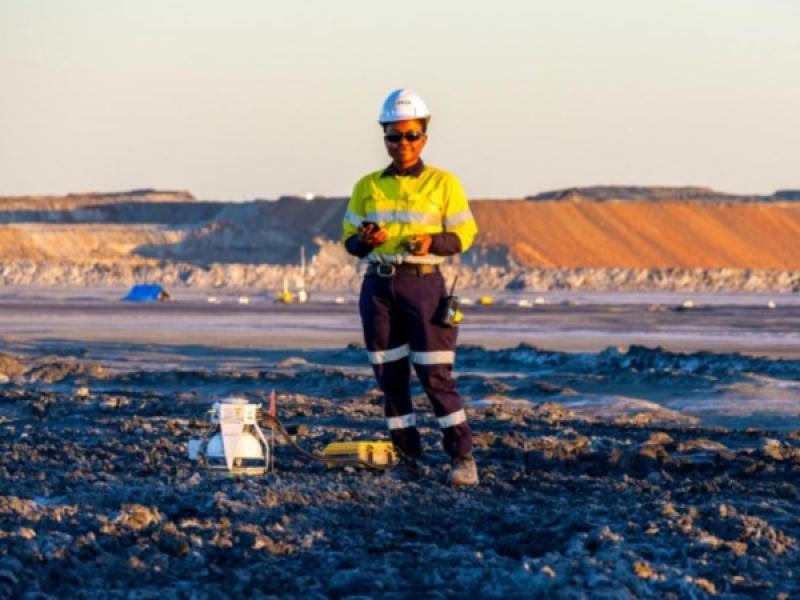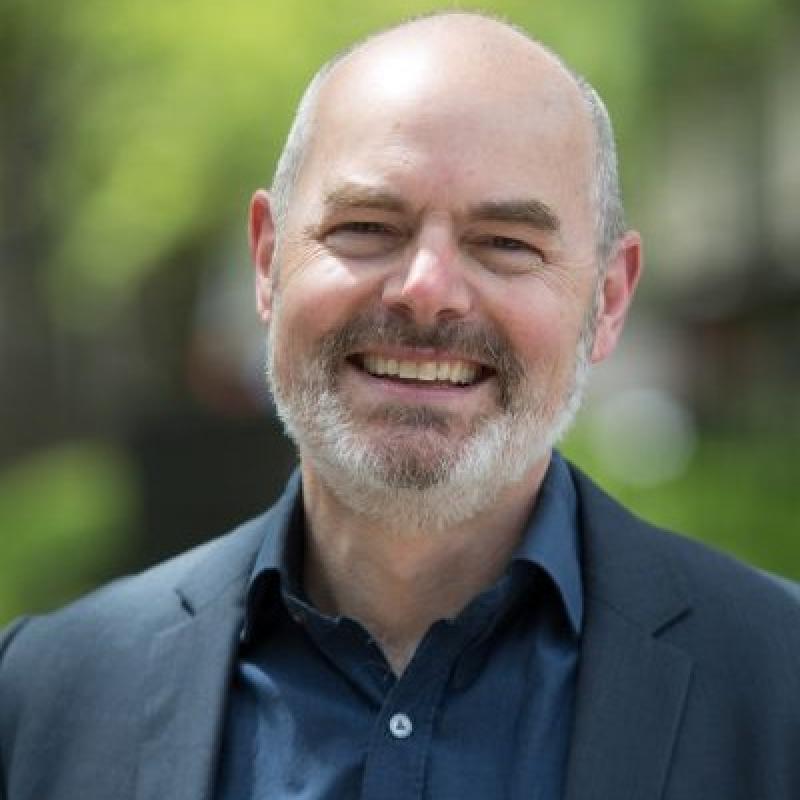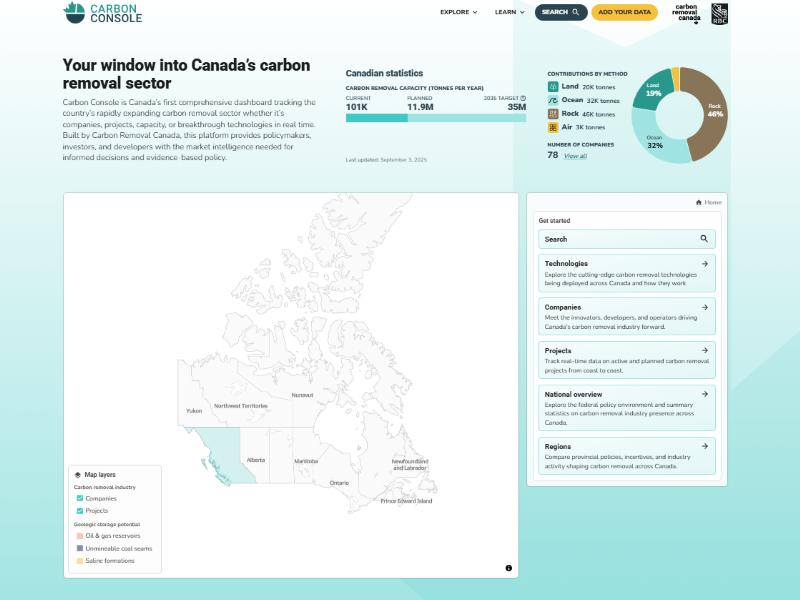
Arca, a Vancouver-based company behind a process that traps carbon dioxide (CO2) from the atmosphere in mining waste, has signed an offtake agreement with Microsoft to remove 300,000 tonnes of the greenhouse gas over 10 years.
To be announced Wednesday at the IEA Energy Innovation Forum in Toronto, the deal is the first long-term offtake agreement for Arca. The company has identified a pipeline of projects in Canada and Australia to satisfy the agreement, and has memoranda of understanding with nine mining companies.
Arca’s process dramatically hastens the ability for mining wastes such as tailings to absorb CO2 from the air. Using remote-controlled rovers that churn through vast fields of the fine, sand-like tailings, it unearths magnesium and moisture, making the byproducts highly reactive to CO2. Once exposed to the atmosphere, the CO2 is mineralized, providing a durable form of carbon capture that lasts for approximately 10,000 years.
“We’re accelerating a natural geochemical process with a pretty light touch,” Arca’s CEO Paul Needham said in an interview, describing the process developed by three University of British Columbia geology professors.
He called it the largest deal in the carbon removal sector for a company utilizing carbon mineralization technology. Needham would not disclose the cost per tonne of CO2 that will be removed.
The Arca-Microsoft offtake agreement
Microsoft has committed to purchasing the offtake once it is delivered by Arca. The payments will provide the funds and confidence Arca needs to invest in new equipment and staff, Needham said.
The company is narrowing down the project sites it will choose to provide the offtake.
Arca’s process can capture 25 tonnes of CO2 per hectare per year.
Microsoft is not the first major client to strike a deal with Arca. The company has signed pre-purchase agreements with Shopify, Frontier and MaRS Discovery District.
Securing Microsoft and the three other organizations as clients “will really help us accelerate commercially, in project deployment and negotiating and winning future offtake agreements as well,” Needham said.
“This offtake agreement diversifies Microsoft’s carbon removal portfolio into a pathway that combines scalability and permanence,” Phil Goodman, director of Microsoft’s CO2 removal program, said in a release.
He pointed to Arca’s “notable scientific expertise” and proven ability to sequester carbon through its demonstration project.
From 2023 to 2025, Arca operated a demonstration project at an active nickel mine in Australia, the Mt. Keith Mineral Carbonation Project. Carried out in collaboration with BHP, one of the world’s largest mining companies, Arca says the 18-month project marked the first time CO2 removal was deployed at an active mine site.
Using rovers, Arca was able to monitor and verify the rate of carbon capture on a large site where mine tailings had been disposed of for decades, Needham said.
Arca developing next-gen technology

The agreement between Arca and Microsoft represents a continuing interest in carbon removal from Microsoft. The tech company has pledged to reach carbon neutrality by 2030, which entails removing the equivalent of its historical emissions by 2050.
This year, Microsoft announced deals with Vancouver-based CO280, AtmosClear and UNDO to remove millions of tonnes of CO2. The solutions it is backing include UNDO’s enhanced rock weathering, a technology similar to Arca’s, and CO280’s carbon capture and storage installed on the boiler stacks of a paper mill.
Last year, Microsoft also announced it would purchase carbon removal credits from Montreal-based Deep Sky, a company extracting CO2 from the atmosphere at its Alberta facility which began operations in August.
As for Arca, Needham said the company is ready to develop large commercial-scale projects. He noted the advantages of its carbon removal process compared to direct air capture, which uses machinery in facilities to extract CO2 from the atmosphere. The CO2 mineralization technology Arca developed is far less energy-intensive and more economical, he explained.
“It’s a much simpler process because effectively, we’re leveraging nature.”
To significantly upgrade the carbon capture potential of its technology, Arca is working on a means of using microwaves to sever the molecular bonds of the tailings. It will make the material approximately 100 times more reactive to CO2. The company plans to pilot the next-generation technology soon, and will announce the project sites.
“This will work on more sites. We can process more material, we can liberate more magnesium per tonne of material and therefore capture so much more CO2 per tonne of material,” Needham said.









